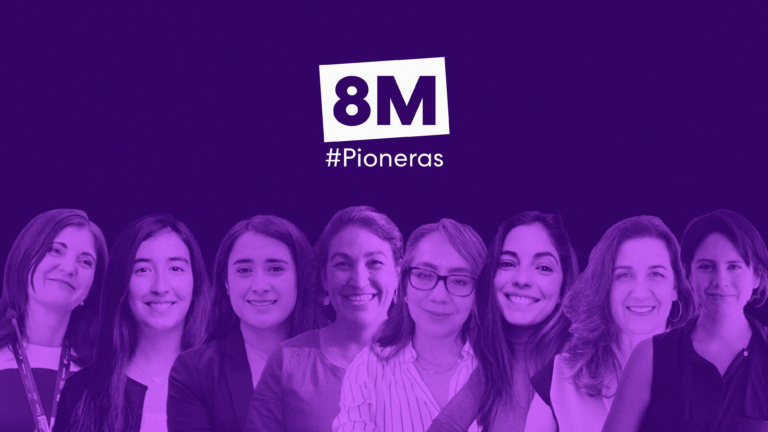During the second semester of 2023, in the Accounting in Integrated Management Systems course of the Public Accountant career at the School of Economics and Administration (FCEA), a new course modality was tested. With the technical support of Quantik Lab, a group of students attended the course through virtual reality (VR) glasses, immersed in the metaverse.
This course was segmented into three groups of students for the purpose of applying an experiment comparing the performance of those who attended physically, those who connected via Zoom and those who used virtual reality devices.
Preliminary data from the study suggested an increase in engagement and interactive participation on the part of the students. Those who participated were positive about the feeling of closeness with their peers and teachers, as well as the motivational impact of the experience.
The uniqueness of this experience, the first of its kind in Uruguay, led the Quantik Lab and FCEA team to present a scientific paper at a VR conference organized by the Institute of Electrical and Electronics Engineers, held March 16-21 in Orlando, USA.
Inés Urrestarazu, professor of the Quantitative Methods Department of the FCEA, was in charge of traveling to the congress and presenting the results of the experiment in poster format. We talked to her about the event.
How was the experience?
Very good. I participated in the sessions linked to teaching issues. The topic we addressed is being researched. We are trying to determine the potential of VR, AR and XR in teaching.
Were people interested and did you get any feedback?
During the poster session, several participants approached us and gave a positive evaluation of the work. It was striking that the experience was so extended in time, that the students were motivated and that the feeling of being isolated was improved in comparison with remote teaching by Zoom.
How do you see Uruguay in terms of VR?
In the first steps. Several of the works presented require a great deal of development of didactic material, which implies both economic and technical resources.
Did you see other research that caught your attention?
One in particular integrates AI with VR. It creates a kind of virtual teacher that attends to students in a personalized way and alerts the teacher when a student demands explanations that he or she is unable to answer.
We share a note on this topic in the daily newspaper.



